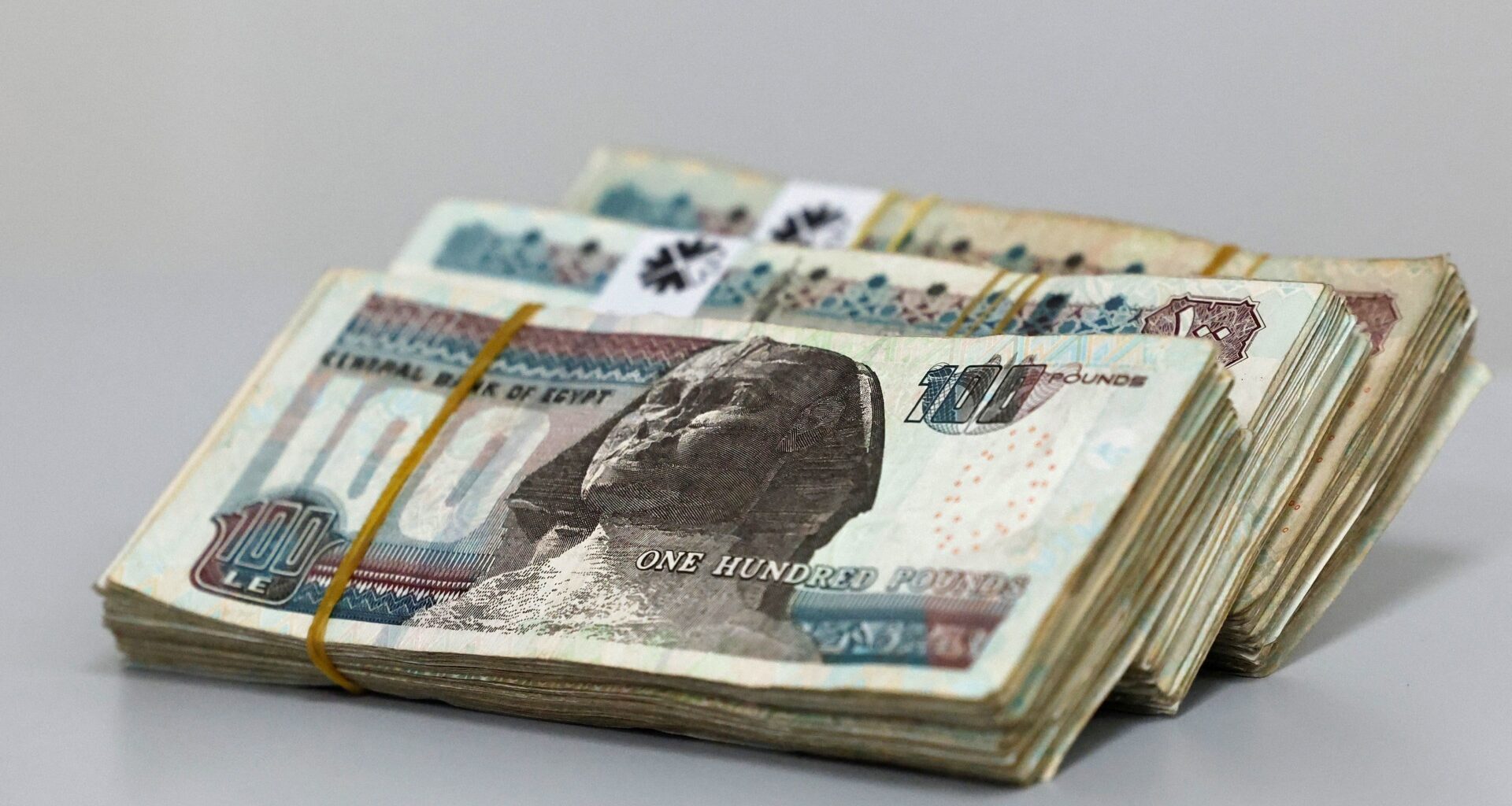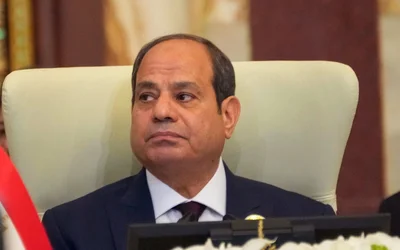In arguably its bluntest report to date, the International Monetary Fund (IMF) warned that Egypt’s military-controlled economic model is crippling private sector growth, deterring investors and keeping the country in a cycle of debt and underperformance.
In its long-delayed staff report for the fourth review of Egypt’s loan programme, the IMF noted: “The economic landscape is dominated by public-driven investments, an uneven playing field, and state-owned entities, including military ones.”
The IMF further warned that military-owned firms continue to enjoy “preferential treatment”, including tax breaks, cheap land and privileged access to credit and public contracts.
Such privileges, the 202-page report notes, have continued to sideline private sector competitors and distort the market.
While Cairo has taken some economic steps – such as floating the pound, slashing subsidies and launching a state ownership policy – the IMF says progress has been “uneven and slow”, leaving many of the country’s key problems unresolved.
Sign up to get the latest insights and analysis on
Israel-Palestine, alongside Turkey Unpacked and other MEE newsletters
Public debt remains high, and Egypt’s external debt is expected to rise from $156.7bn to $180.6bn in the current fiscal year, deepening the country’s financial strain, according to the IMF.
Meanwhile, everyday Egyptians are bearing the brunt, grappling with soaring inflation, declining ages and a shrinking safety net, the report suggests.
A flawed economic model
The military’s grip on Egypt’s economy is not new. It dates back to the 1950s, following the July 1952 revolution, when army officers overthrew the monarchy.
But the generals’ economic role expanded significantly after the 2011 uprising, when the Supreme Council of the Armed Forces (SCAF) assumed control following the ouster of long-time autocrat Hosni Mubarak.
The situation even worsened under President Abdel Fattah el-Sisi, who technically assumed power in 2013 after he had led a coup that removed Egypt’s first democratically elected president, Mohamed Morsi.
One of the IMF’s central concerns is the ongoing expansion of military-run businesses in non-defence sectors, operating behind closed doors, with little transparency or public oversight.
The military has steadily expanded its role in construction, agriculture and other civilian sectors, justifying its reach by claiming to deliver major national projects and secure economic stability.
But experts argue that this flawed model pushes out the private sector and reinforces a non-transparent economic elite.
“Military involvement in the country’s economy undermined competition, discouraged private investment, and distorted market signals, creating a dual economy – one transparent and risky – and the other opaque and protected,” a Cairo-based economist told Middle East Eye on condition of anonymity for security concerns.
The expert’s view is echoed by a construction contractor in the Mediterranean city of Alexandria, who also asked to remain anonymous for similar reasons.
‘Military involvement in the country’s economy undermined competition’
– Egyptian economist
“Before the army stepped into our industry, I used to have three projects running in and around Alexandria,” he told MEE. “Now, I’m lucky if I get one a year. We just can’t compete with the pricing or timelines of military-backed companies.”
In 2019, Mohamed Ali, a former contractor now living in self-imposed exile in Spain, blew the whistle on the military’s business dealings, sharing explosive behind-the-scenes details in a series of viral videos and social media posts.
His revelations sent shock waves through Egypt, sparking rare public outrage and calls for accountability in a country where questioning the military is often taboo.
In an exclusive interview with MEE, Ali revealed that he received state-funded projects without contracts or oversight. His claims, supported by the IMF’s latest report, painted a picture of a shadow economy that avoids scrutiny.
The IMF’s latest report reflects those alarms, reinforcing long-standing concerns about secrecy and privilege in Egypt’s economic system.
“While some private sector representatives reported improved access to foreign exchange,” the IMF noted, “others flagged an uneven playing field in key sectors.”
The report also pointed to “gaps in transparency and accountability” in both state-run and military-affiliated companies.
According to the report, military-owned and state-run firms benefit from tax exemptions, access to prime land and cheap labour, all while operating with very limited transparency about their finances.
In industries like cement, steel, and marble and granite, military firms control up to 36 percent of the market, making it nearly impossible for genuine private competition to develop.
An earlier section of the report noted that the “reallocation of public spending towards military-related or high-profile projects diverts resources from more productive uses, and undermines long-term growth potential”, cautioning that ongoing public sector control can discourage foreign investment and crowd out domestic enterprise.
Credibility at stake
The fifth and sixth reviews of Egypt’s $8bn loan programme have now been merged and delayed, another sign of the IMF’s mounting frustration. The delay highlights Cairo’s slow progress on key commitments, especially privatising state and army-run companies and reducing fiscal vulnerabilities that still burden the economy.
As part of its commitments to the IMF, the Egyptian government has promised to sell stakes in 11 state-owned enterprises by mid-2027. Four of these companies are military-owned, including Wataniya Petroleum and Safi, a bottled water company that has faced long-standing criticism for its lack of financial transparency.
The plan aims to increase private sector involvement and restore investor confidence. However, progress has been slow. Both Wataniya and Safi have been moved to the Sovereign Fund of Egypt to prepare them for sale. Two other military-affiliated companies – ChillOut, a fuel station chain, and Silo Foods – a large food processing business, are also set to be offered to local and foreign investors as part of the state’s broader privatisation effort.
While Gulf investors have consistently expressed interest in buying these military-run businesses, the deals have faced continuous delays, despite numerous promises and public statements from Egyptian officials.
No clear timeline has been established, which raises questions about the government’s willingness and ability to fulfil its privatisation commitments.
Despite Egypt’s shift to a flexible foreign exchange rate in March 2024, commended by the international lender, the report made it clear that Cairo must keep up with reforms to secure the next $2.5bn loan tranche.
“Preserving exchange rate flexibility and rebuilding credibility in the monetary framework will be critical,” the IMF explained.
With public debt soaring and economic inequality deepening, the IMF’s warning comes at a crucial moment.
“Unless exclusive benefits offered to military and state firms are lifted and transparency is ensured, private businesses will continue to hold back. The IMF’s message is crystal clear. Sustainable growth requires fair play, not to protect a powerful few who avoid public scrutiny,” the economist concluded.


